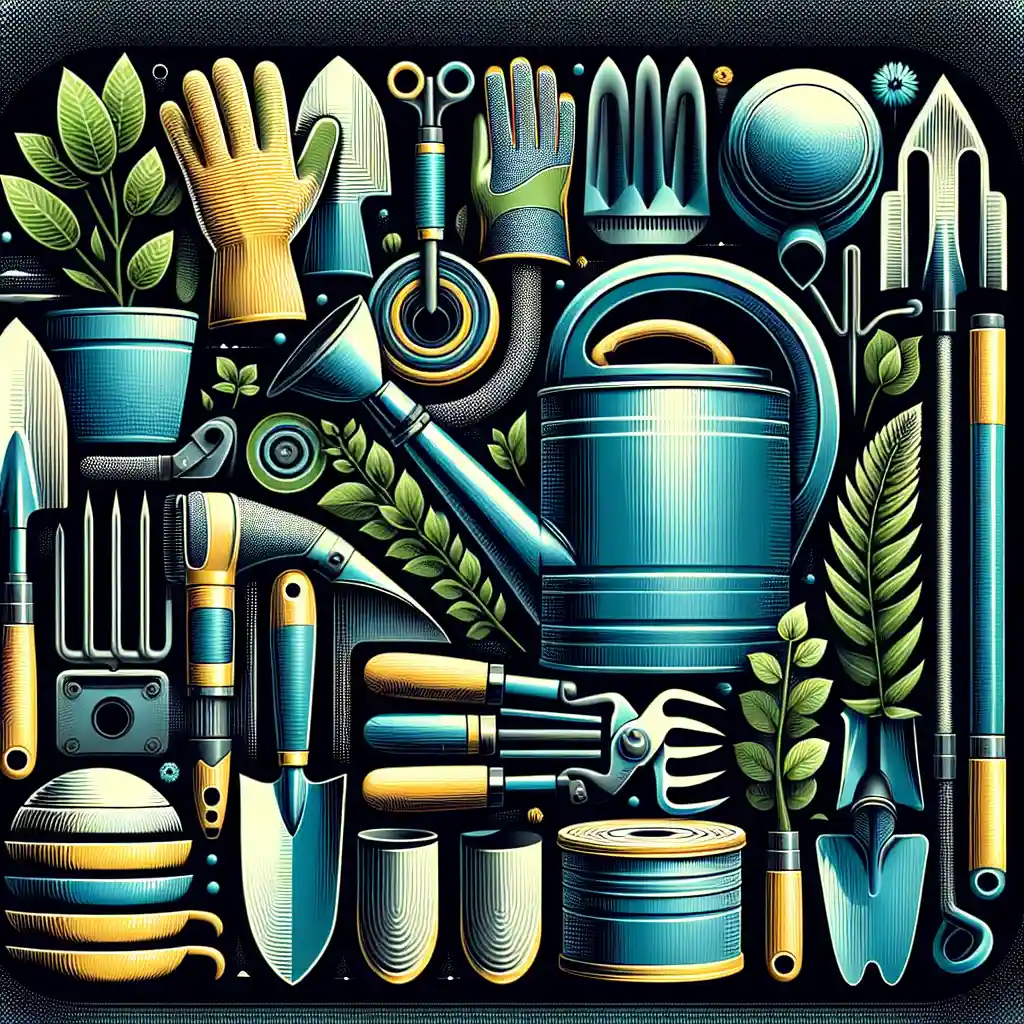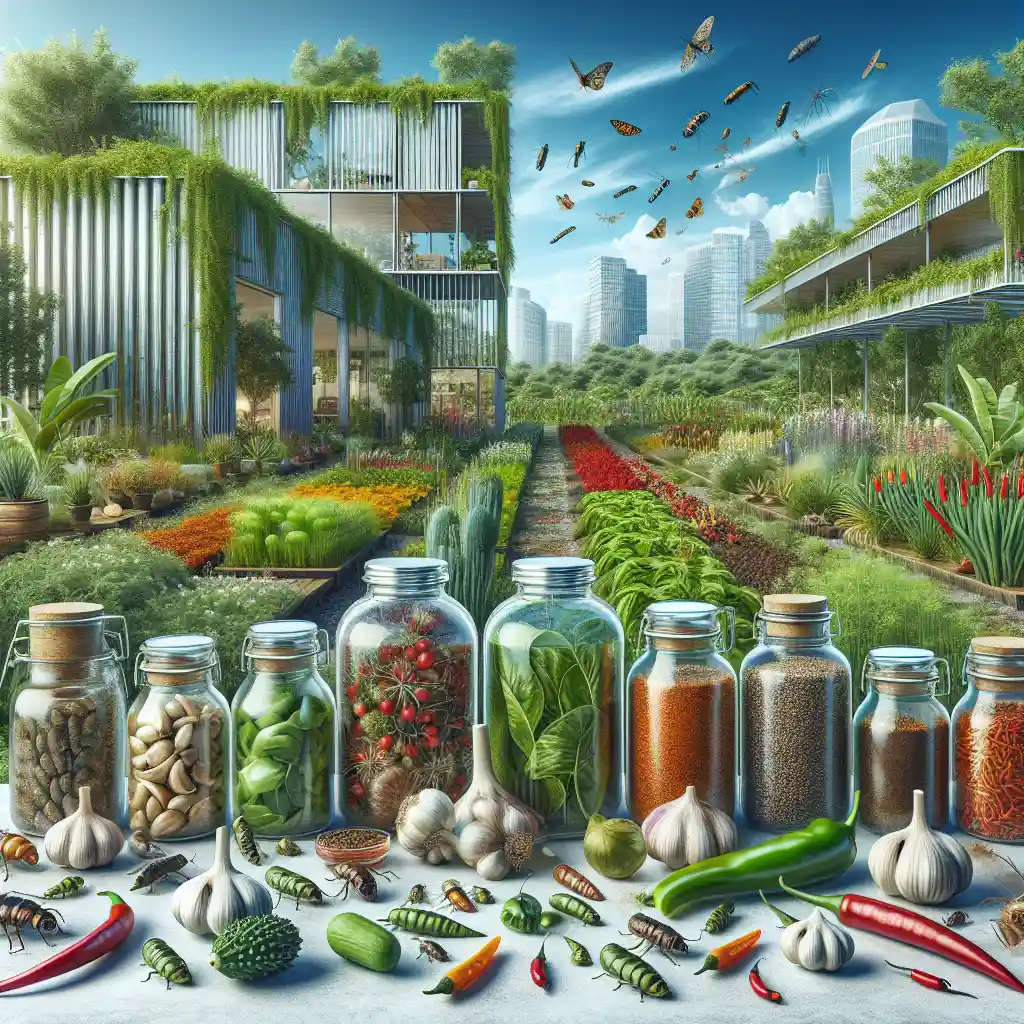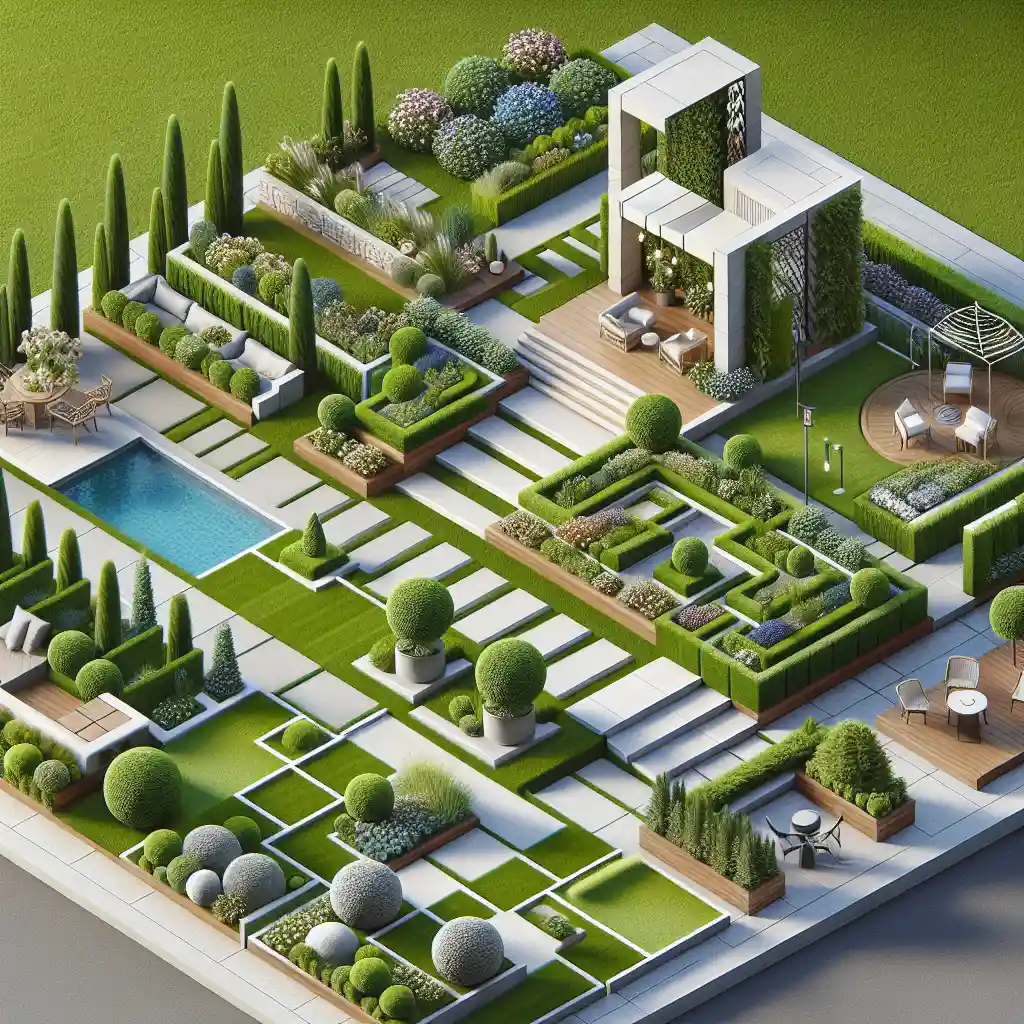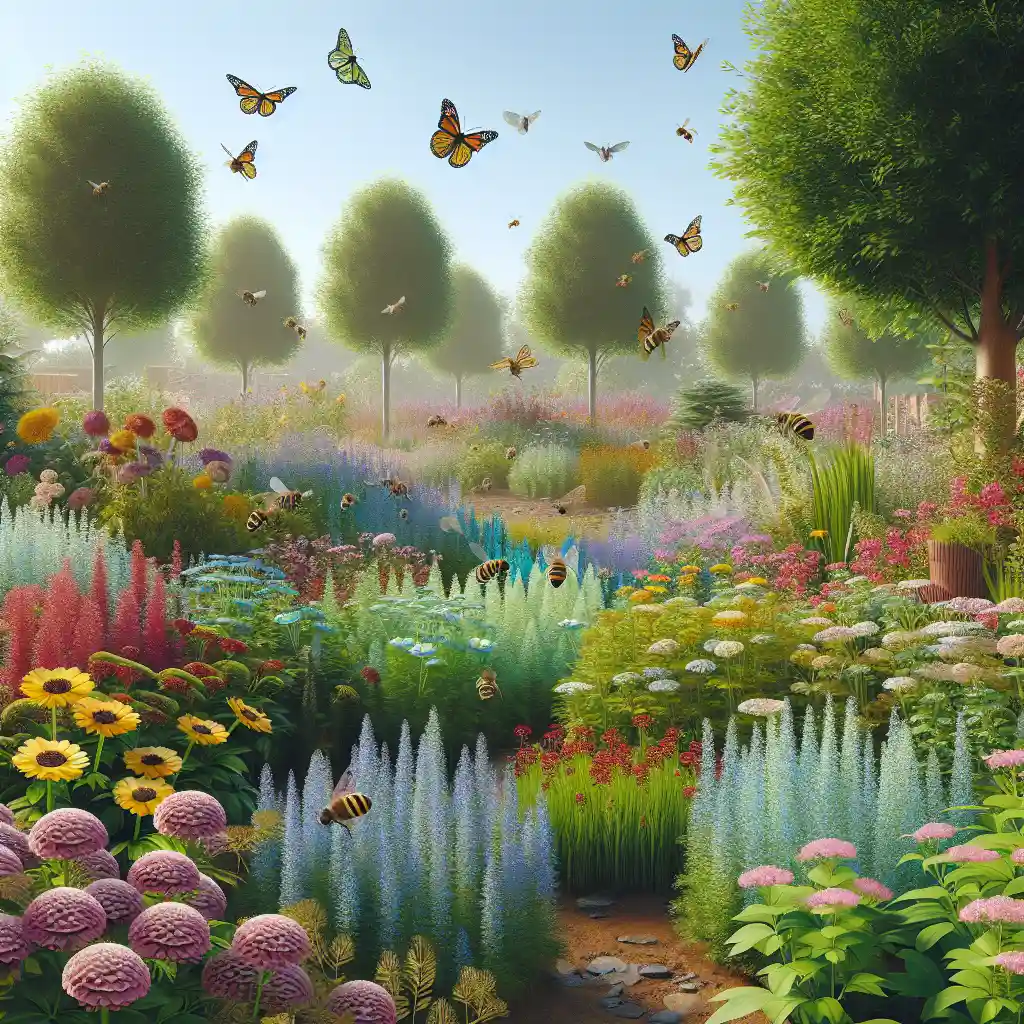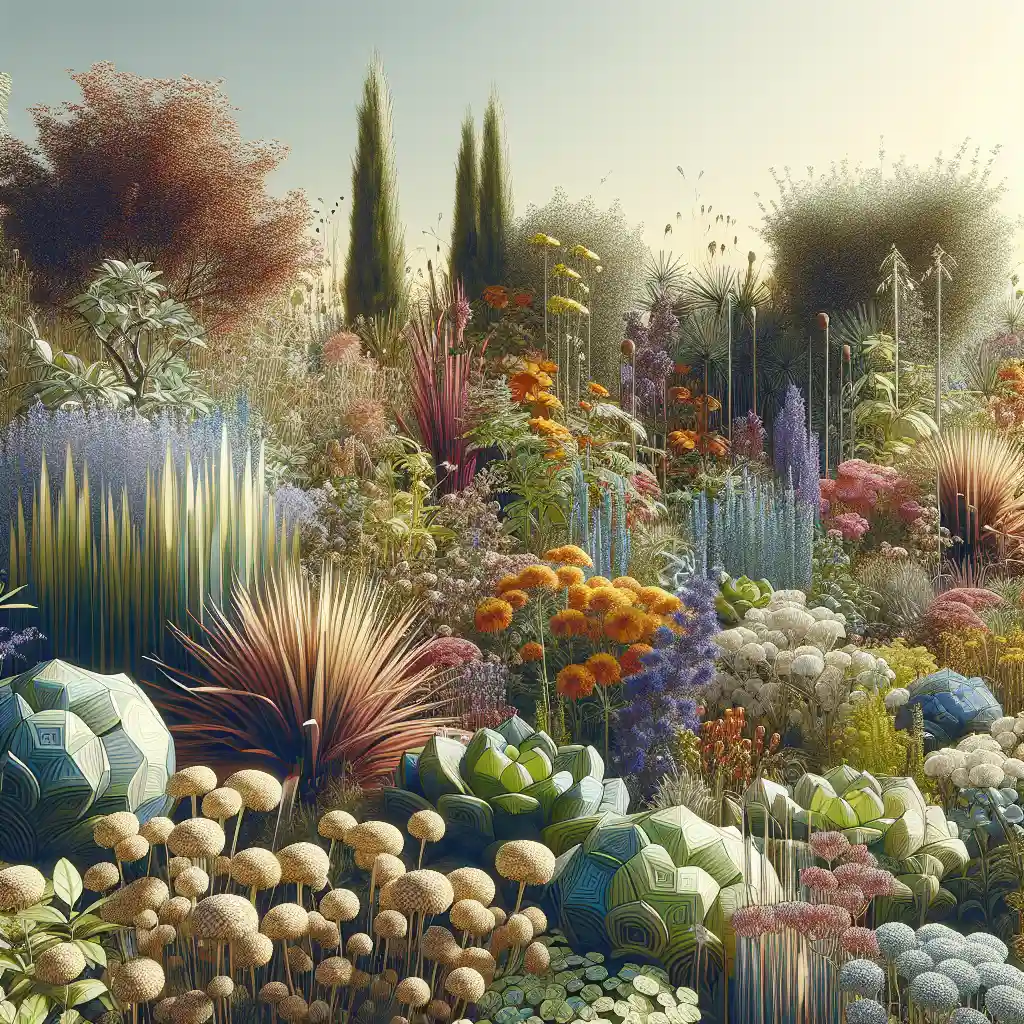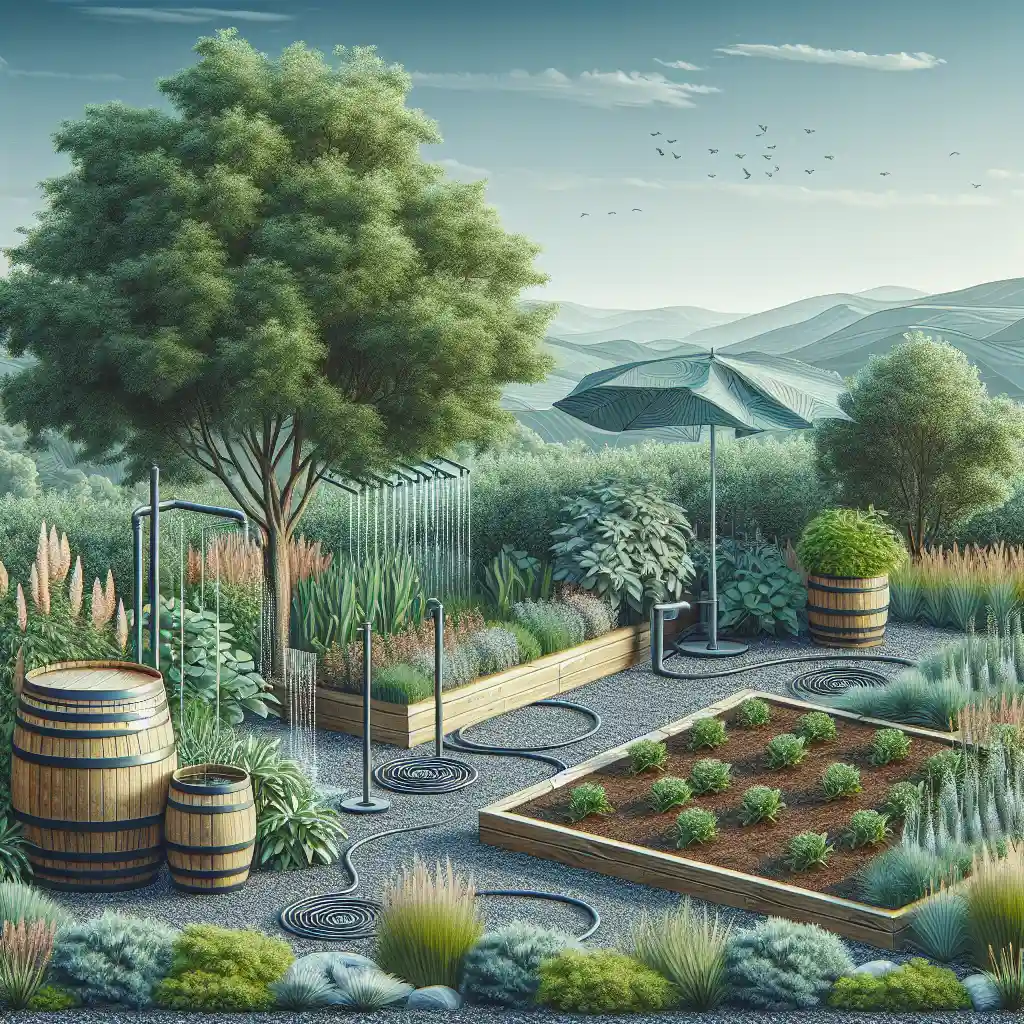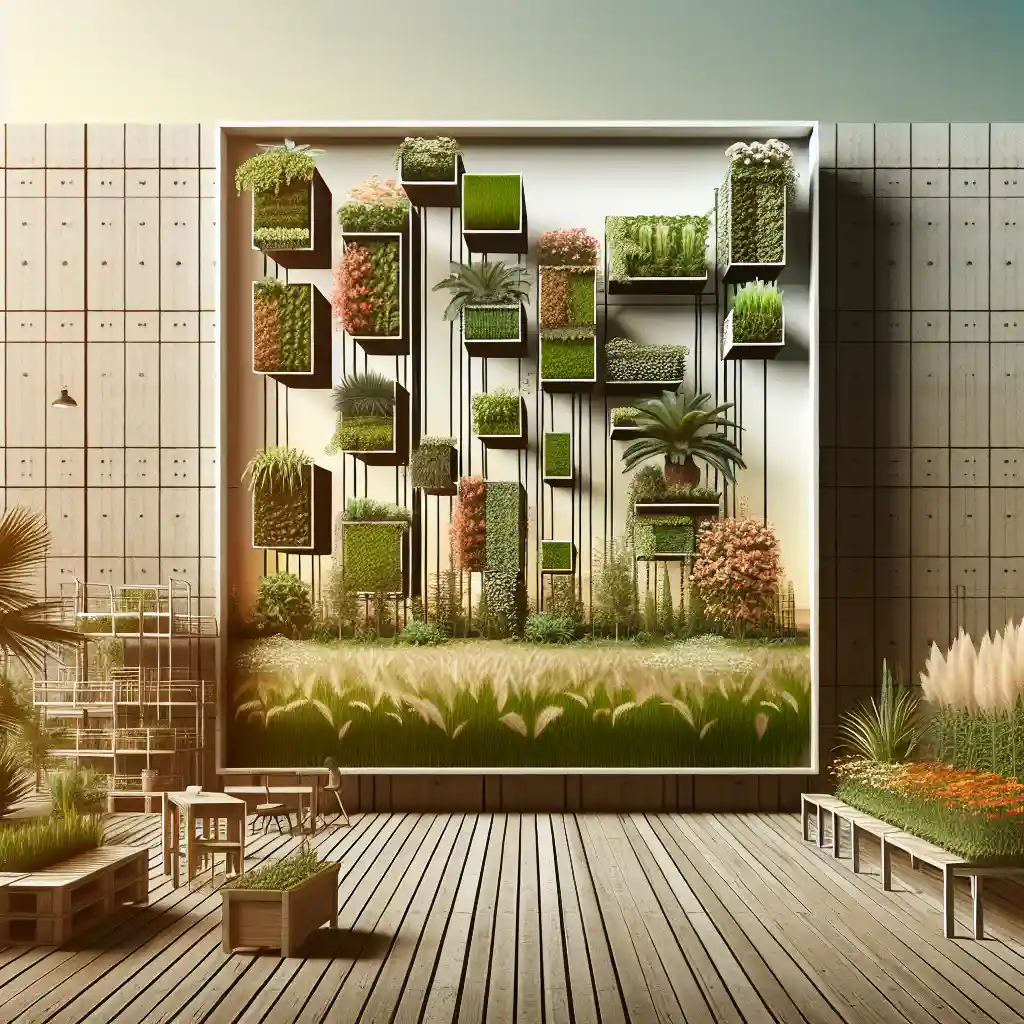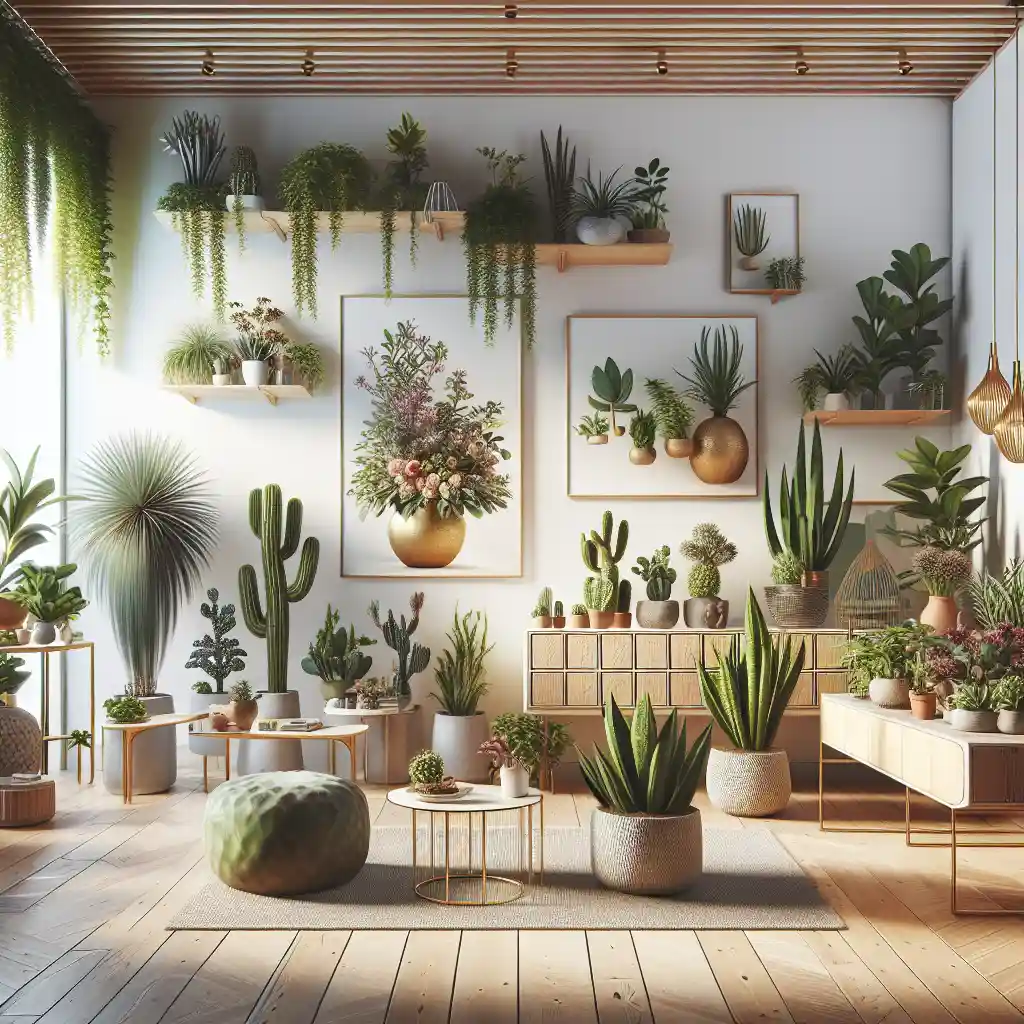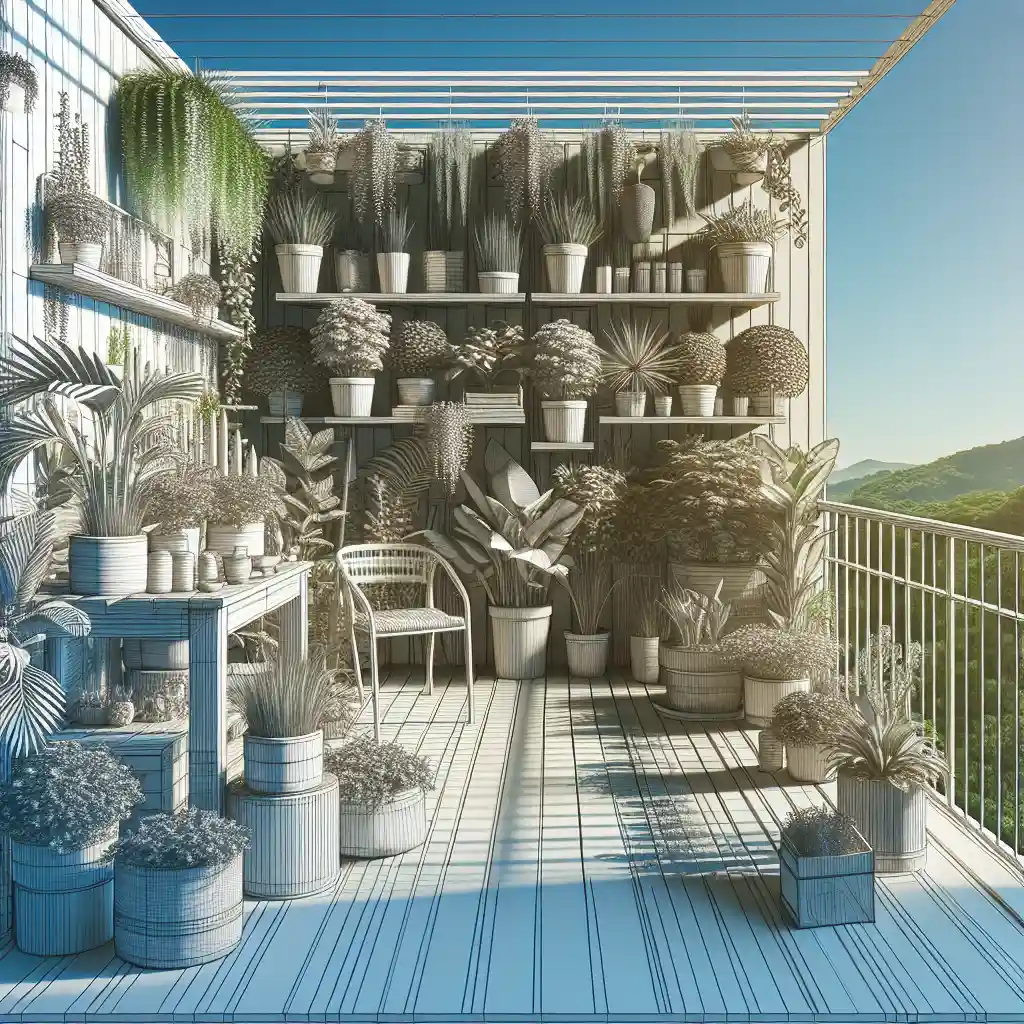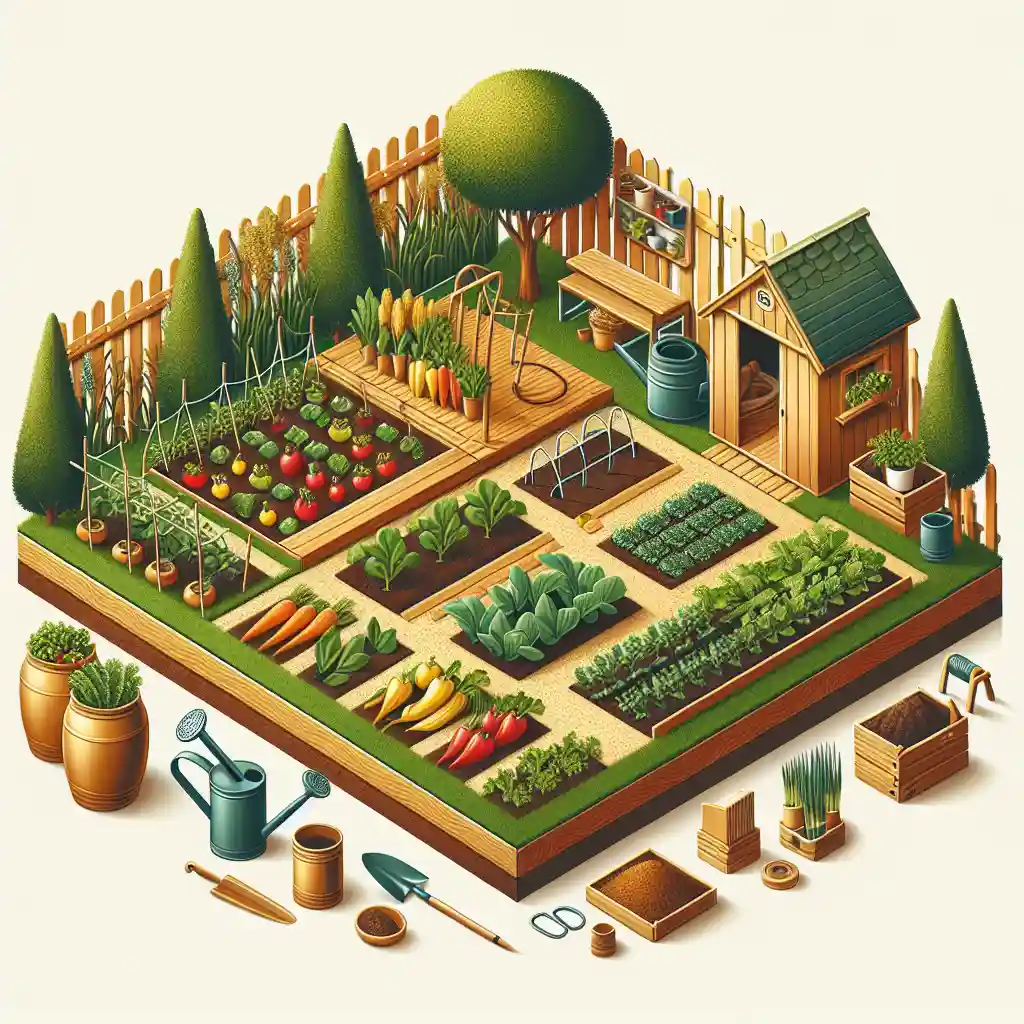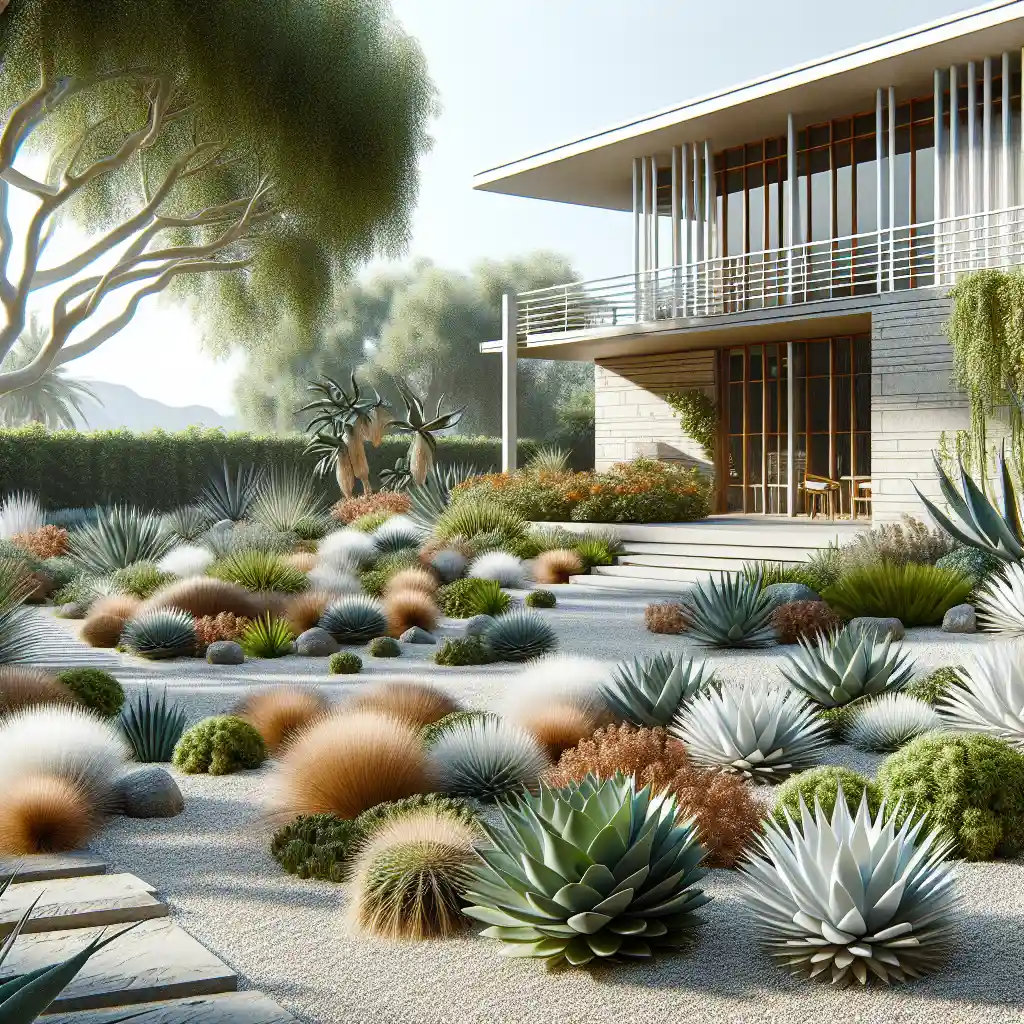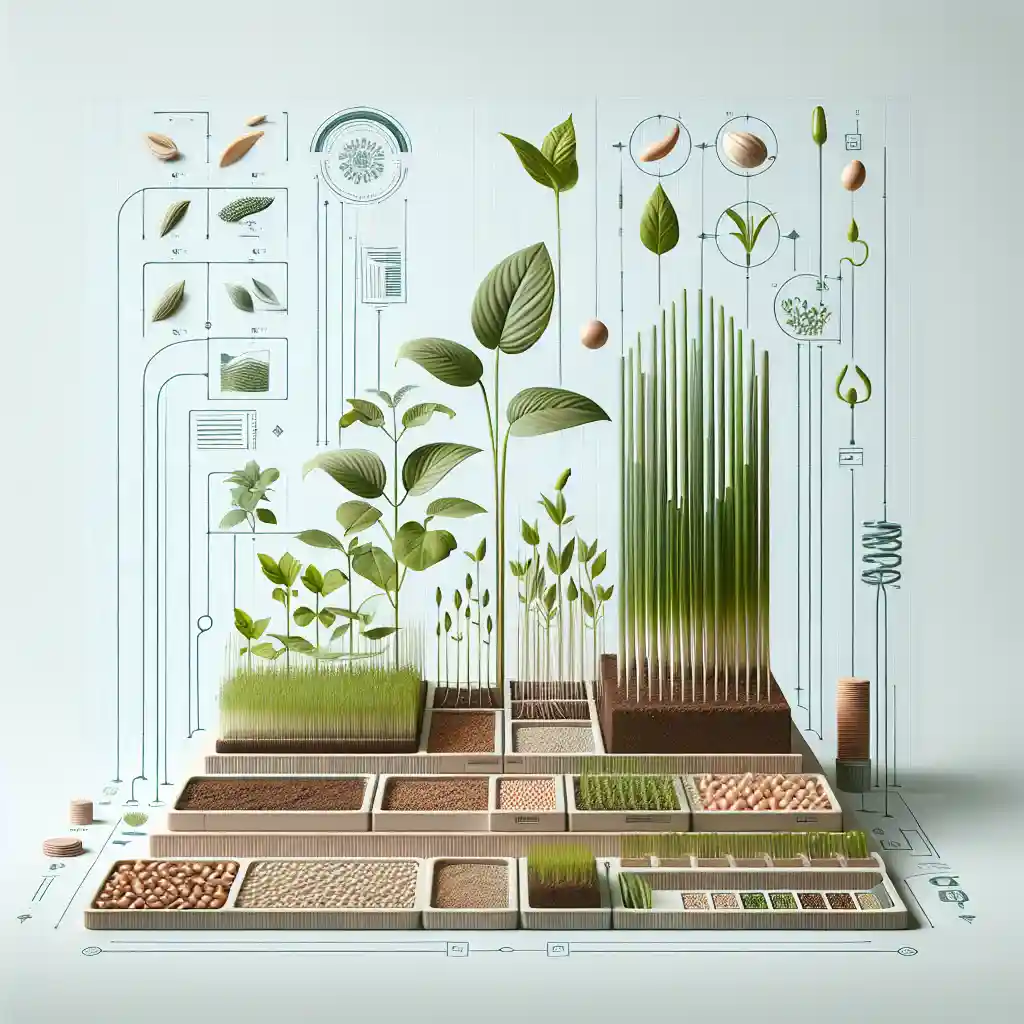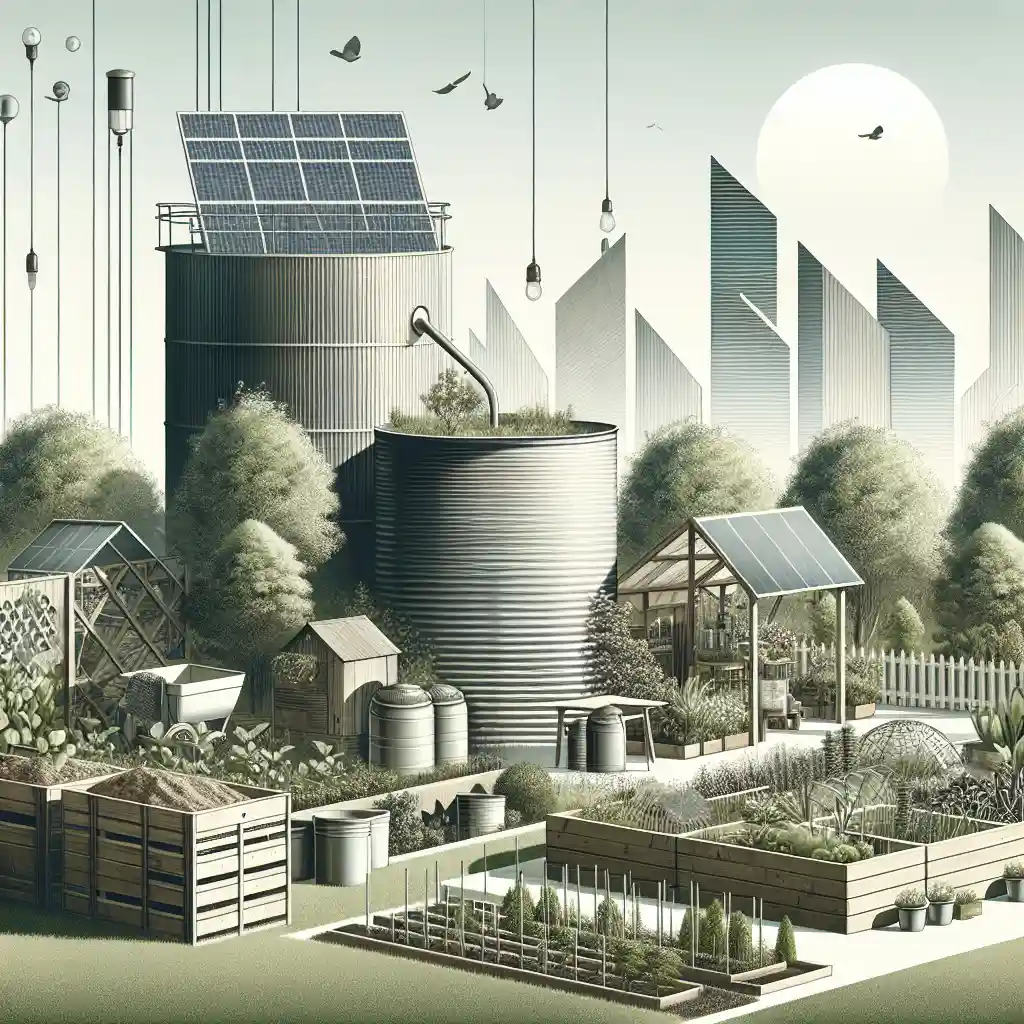Composting 101: Beginner's Guide to Turning Kitchen Waste into Garden Gold
Composting is a simple and eco-friendly way to recycle kitchen waste and create nutrient-rich soil for your garden. In this beginner's guide, we will explore the basics of composting, from setting up a compost bin to valuable tips for successful composting, all while promoting organic gardening practices.
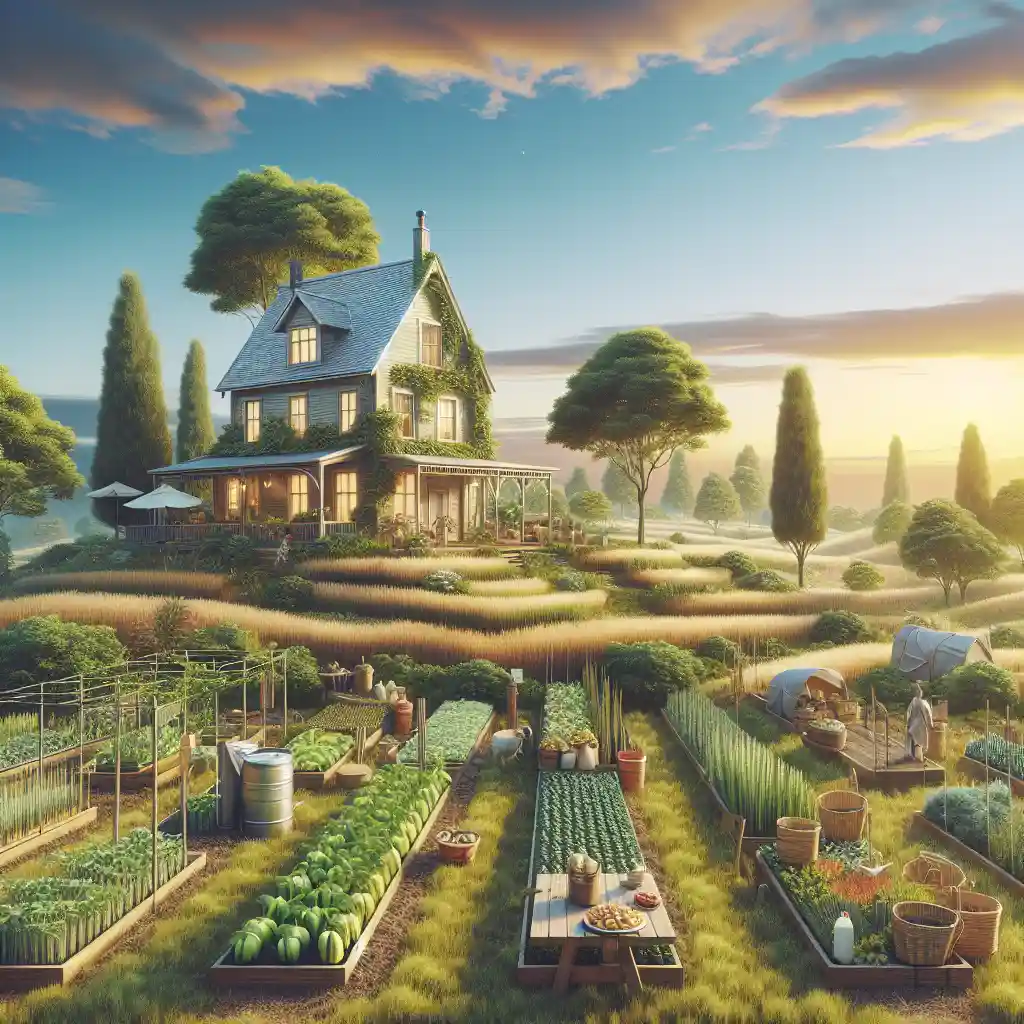
Setting Up Your Compost Bin
The first step in composting is to choose the right compost bin for your space. Whether you opt for a traditional bin, a tumbler, or a vermiculture system, ensure that it has good ventilation and drainage. Place the bin in a convenient spot with easy access to your kitchen for depositing food scraps. Remember to layer your greens (nitrogen-rich materials) and browns (carbon-rich materials) to promote decomposition.
What to Compost
Kitchen waste such as fruit and vegetable scraps, coffee grounds, eggshells, and tea bags are excellent additions to your compost bin. Avoid composting meat, dairy, or oily foods as they can attract pests and cause odors. Additionally, yard waste like leaves, grass clippings, and small twigs can also be added to balance the carbon-nitrogen ratio.
Composting Tips for Success
To speed up the composting process, remember to turn the pile regularly to aerate it and promote decomposition. Keep your compost moist like a wrung-out sponge to create the ideal environment for microorganisms to break down the materials. Adding a shovel of garden soil or finished compost can introduce beneficial bacteria and fungi to kickstart the composting process.
Troubleshooting Common Issues
If you notice a foul odor coming from your compost bin, it may be too wet or lack airflow. Mix in more browns like shredded paper or cardboard to absorb excess moisture. If your compost is not heating up, it might need more nitrogen-rich materials or a nitrogen boost from sources like alfalfa meal or blood meal. Remember, composting is a learning process, and trial and error are key to mastering the art of turning waste into garden gold.
Harvesting Your "Black Gold"
After patiently tending to your compost pile and allowing nature to work its magic, you will be rewarded with dark, crumbly compost – also known as "black gold." This nutrient-rich soil amendment can be incorporated into your garden beds to improve soil structure, retain moisture, and provide essential nutrients for your plants. Your plants will thank you for the love and care you put into creating this sustainable and organic source of fertility.
Closing Thoughts
Composting is not just a way to reduce waste; it is a journey towards sustainable living and a deeper connection to the natural world. By diverting kitchen scraps from the landfill and creating your own compost, you are not only benefiting your garden but also contributing to a healthier planet. So, grab a pitchfork, roll up your sleeves, and start composting your way to a greener tomorrow.
